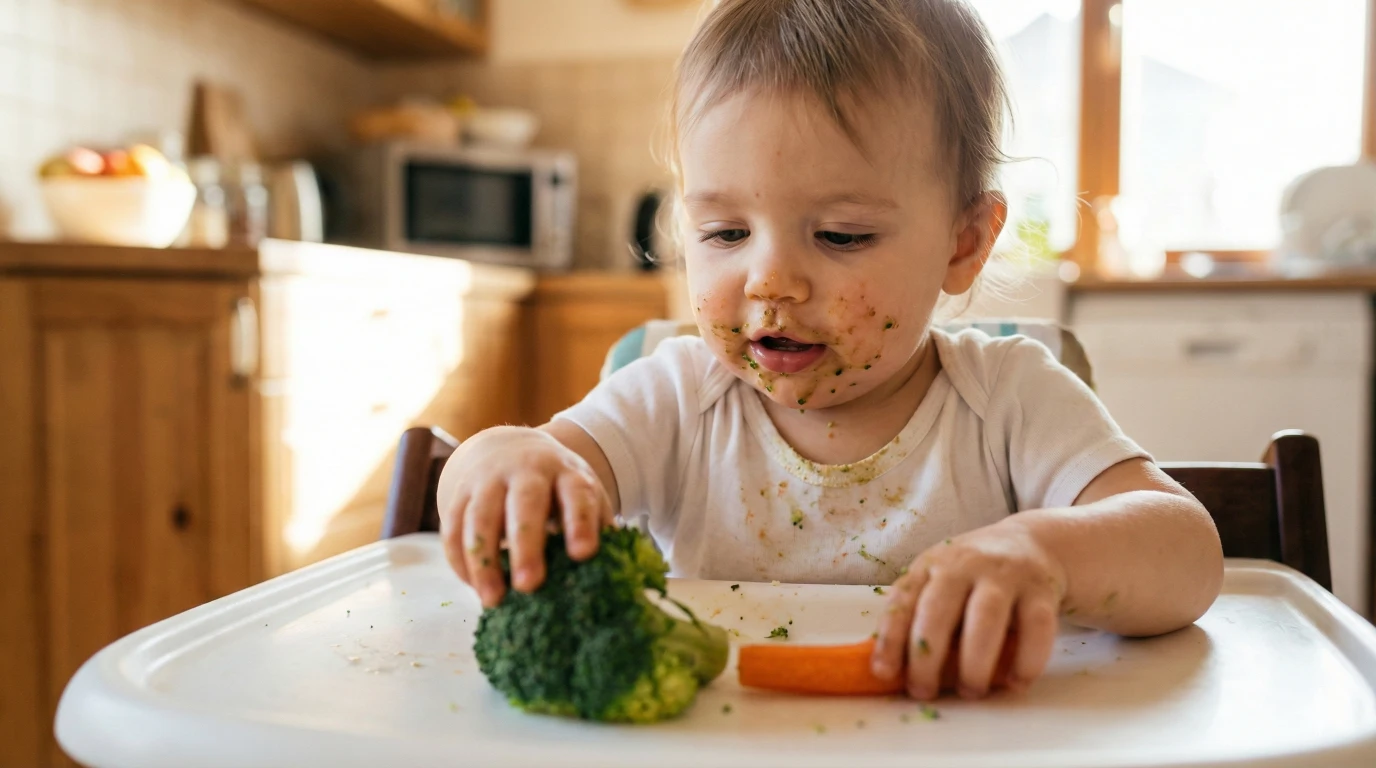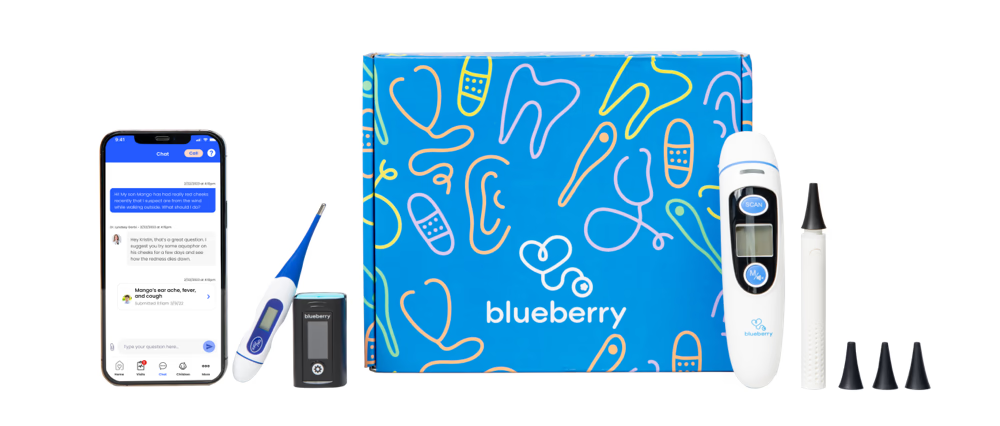Our babies start communicating with us from the moment they’re born. First with cries, then with coos and gestures. But we all long for the day they start speaking to us. While we cannot rush them on this journey, we can certainly encourage their language development and provide an environment that makes learning speech fun.Here are 10 simple strategies to help your baby develop speech and talking skills from as early as 6-months old.
#1 Talk to them
This is the first, best and easiest thing you can do to help your baby. Babies learn language by hearing language. It’s important here to distinguish between proper language and “baby talk.” While some “baby talk” is okay, we want to use the language our child will ultimately be using. So speak in real words and full sentences. And when repeating words back to your baby, add on to teach more vocabulary and phrases. For example, if your child says “ball,” say back to him, “that’s right, a red ball” or “let’s throw the ball.”
#2 Narrate the day
Take talking to your baby to the next level by narrating the day to her. The clinical term for this talking out loud, play-by-play description of everything you’re doing, is called “self-talk.” But in this case, you’re not talking to yourself! As parents, we spend significant portions of our day with our children. So tell them everything you’re doing. Describe putting your shoes on, preparing breakfast, feeding the dog, etc. These narrations will expose them to countless new words.
#3 Let them lead the conversation
We all know that the quickest way to engage someone is to talk about what interests them. Our child is no different! If you see her attention is caught by something, turn the conversation to that. For my nephew, it was tow hitches on trucks! As his parents took him for walks around the neighborhood, from his stroller, he would point at the tow hitches. His parents went with it and let those tow hitches lead the conversation to the trucks they were attached to and the streets they were on and so forth.
#4 Remember give-and-take
While it’s important for our babies to learn words and build their vocabulary, speech development is more than that. It’s about conversing, and as we know, that’s a two-way street, a give-and-take that involves talking and listening. Treat your little one as you would anyone you’re having a conversation with. Look him in the eye. Ask him open-ended questions. Wait for a response. This way you will teach him the natural give-and-take flow of conversation.
#5 Read books together
Just as adults savor a good book, so do our children! Maybe he can’t understand all the words yet, but he loves storytime, especially when you take your time and point out the pictures. Name the things you see and discuss them. And just as with talking, babies should be read to as we ultimately want them to read. This means pausing at commas, stopping at the end of sentences, reading deliberately and clearly. This can be a challenge when you’re tired, so save storytime for those moments you feel at your best.
#6 Play with sound
Sound is an integral part of language development. After all, language is made up of sounds! And studies have revealed that babies are already learning beats and rhythms in the womb. This makes music, songs, and sound great ways to enhance your baby’s speech and talking skills, as they’re fun and they teach the rhythm of language. So clap, sing favorite songs, make-up songs, and don’t forget funny voices and animal sounds. You baby will try to mimic you, giving them an opportunity to try making new sounds themselves.
#7 Get out and about
Getting out into the world gives your baby and you new things to see and talk about. Visits to the zoo, parks, children’s museums, as well as storytime at libraries and local bookstores, will offer thousands of new vocabulary words. Setting up playdates with other children will also give your baby an opportunity to use language, and experience the nature of the conversation with someone their own age.
#8 Give them feedback
It may sound odd to be giving your baby feedback, but in order to learn, we need feedback to know if we’re on the right track. For young children, this means celebrating successes and acknowledging the effort. When your baby uses a new word, even if it’s pronounced incorrectly or used in the wrong context, acknowledge their effort and stay positive. Clap for them or do a happy dance. Then be sure to repeat the word back to them in a way that reinforces pronunciation and meaning. If he points at the cat but says “dog,” say, “Yes, there’s the cat. Isn’t she a good cat?” And avoid testing your baby as this just adds pressure to learning, and very few of us do well under pressure!
#9 Treat ear infections
This may seem like a topic for another post, but an unattended or improperly treated ear infection in your baby could result in avoidable hearing loss which will have an impact on speech and language development. Dr. Lyndsey Garbi, Chief Pediatrician at Blueberry Pediatrics, reminds us that about 25% of infants will have an ear infection before the age of one. Learn how to identify the signs & symptoms so you can get your baby treated quickly and thoroughly.
#10 Keep it interactive
Today it’s far too easy to put our children in front of a television or iPad with educational programming and trust it will teach them what they need to know. Unfortunately, media is just not interactive enough to properly teach language, which is a two-way street best learned through play. As of 2016, the American Academy of Pediatricians media uses recommendations are that “children younger than 18 months, avoid use of screen media other than video-chatting” and children 18 to 24 months of age only watch limited high-quality programming with a parent to help them understand what they're seeing.Hopefully, after reading these ten simple strategies to help your baby develop their speech, you’ll be pleasantly surprised to find you’re already doing most of them! As parents, we naturally want to talk, read, sing and interact with our children, and studies have proven that doing just that will significantly increase their vocabulary and grammar comprehension.Remember as you interact with your children that they are just like you: small individuals who have interests, want quality interactions and need acknowledgment. By giving them that, before you know it they’ll be saying their first words and reaching baby-talking milestones.If at any time you have any concerns about your child’s speech development don’t hesitate to speak to one of our pediatricians.







.svg)






.svg)
.svg)